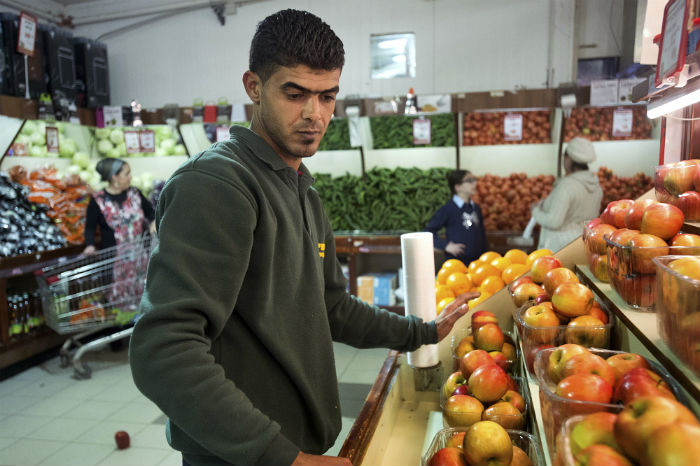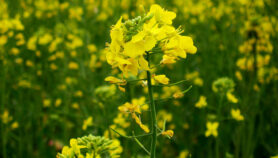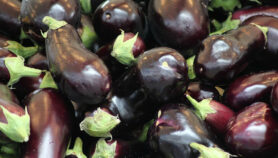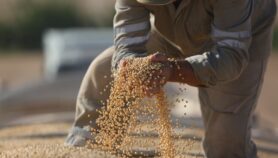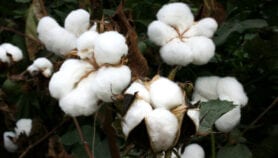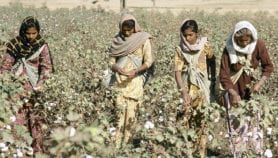By: Joel Adriano and Paul Icamina
Send to a friend
The details you provide on this page will not be used to send unsolicited email, and will not be sold to a 3rd party. See privacy policy.
[MANILA] Mandatorily labelling genetically modified (GM) food products gives them a negative image and also raises costs for consumers.
“Mandatory labelling will be viewed by consumers as a warning,” argues Milton Stokes, director of Monsanto’s Global Health and Nutrition Outreach programme at a press briefing in Manila on 7 March. Decades of studies have shown no ill effects or safety issues with GM foods and there are also no differences between GM and non-GM food, Stokes said.
Citing a Cornell University study, Stokes said that labelling could increase food costs by US$ 500 a year per family in the US.
“Organic and voluntary labelling provides options for those wishing to avoid GM products.”
Milton Stokes, Monsanto’s Global Health and Nutrition Outreach programme
Monsanto, Stokes says, supports voluntary labelling by producers. “But, if producers don’t see the need for GM labelling it’s their discretion. For our part, Monsanto supports food labelling only if there is a scientific, health or safety reason.
“Besides, organic and voluntary labelling provides options for those wishing to avoid GM products.”
Labelling for GM is not mandatory in the Philippines, Southeast Asia’s largest grower of Bt corn. The crop contains genes from Bacillus thuringiensis (Bt), a soil bacterium that protects crops against insects — in this case the corn borer insect.
For the Philippine-based Limketkai Manufacturing Corporation (LMC), voluntary labelling makes good business sense. Nikka Roldan, research and development assistant at LMC, one of the country’s largest distributor of cooking oil, says GM has become an issue thanks to increasing public awareness of health and wellness.
“We want people to know that our canola is not GM,” Roldan says. “As far as we know, we are the first to use the non-GM label (locally),” she adds.
Eufemio Rasco Jr., author of ‘The Unfolding Gene Revolution’ and former head of the Philippine Rice Research Institute, says he is dismayed by negative perception of GM foods. Labelling food as GM is like “putting a skull-and-crossbones on products which are subjected to safety assurance protocols that are more rigorous than those for common food products,” he says.
GM technology, Stokes says, was created to help farmers deal with weed and pest problems, so firms like Monsanto only talked to farmers. “This resulted in misinformation that was fast-tracked with the boom in Internet and social media,” he says.
This piece was produced by SciDev.Net’s Asia & Pacific desk.
This article was made possible with support from Monsanto.


